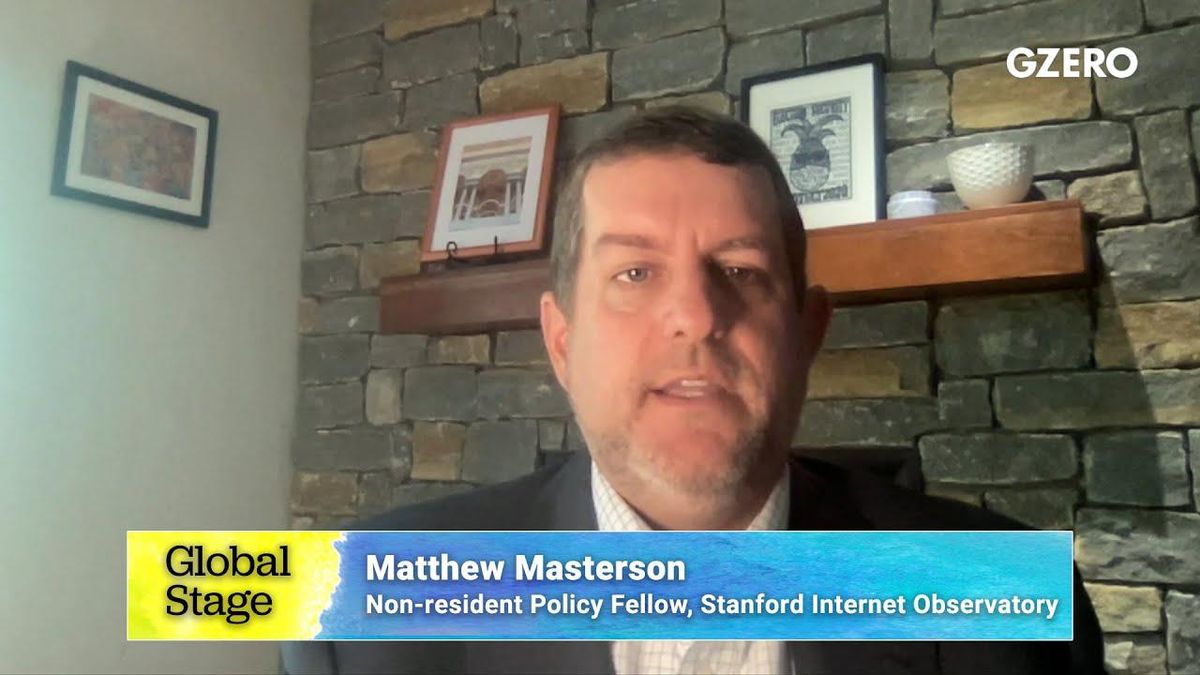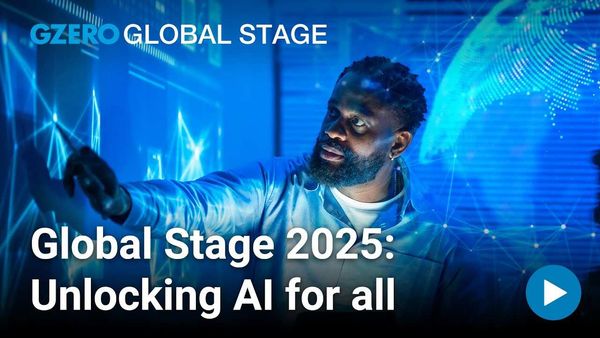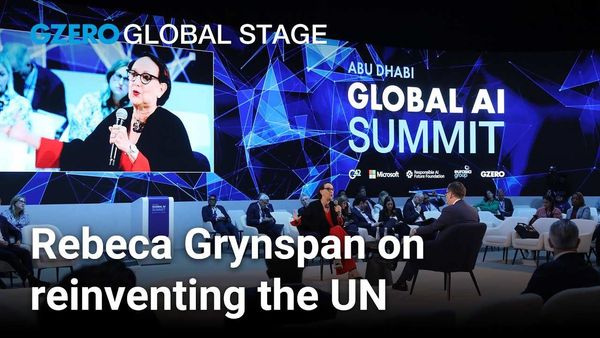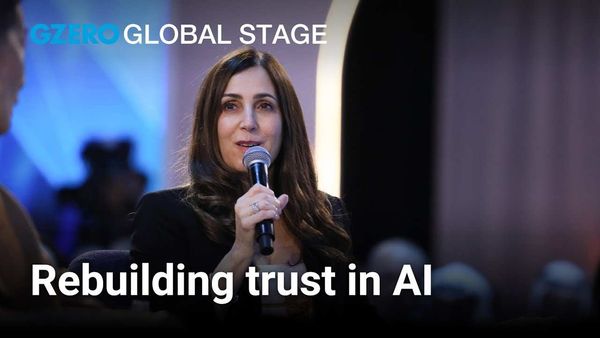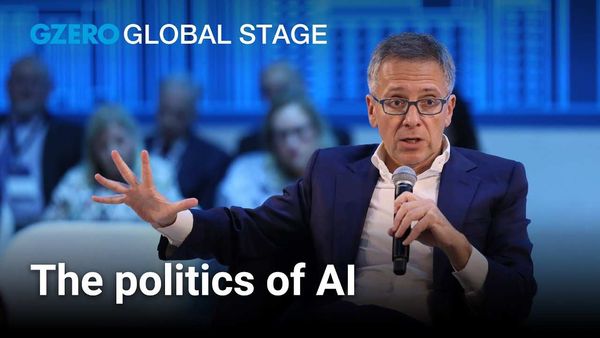US elections officials have always persuaded losing candidates that they've, ahem, lost. Now it's worse because there's a new paradigm, according to former DHS and Election Assistance Commission official Matt Masterson, policy fellow with the Stanford Internet Observatory. Candidates that won't accept defeat regardless of the margin or evidence of fraud, he says, are undermining trust in the system — and election officials are ill-equipped to deal with this problem.
Matt Masterson made these remarks during a live Global Stage event, Infodemic: defending democracy from disinformation. Watch the full event here: https://www.gzeromedia.com/global-stage/virtual-events/disinformation-is-a-big-problem-what-can-we-do-about-it


